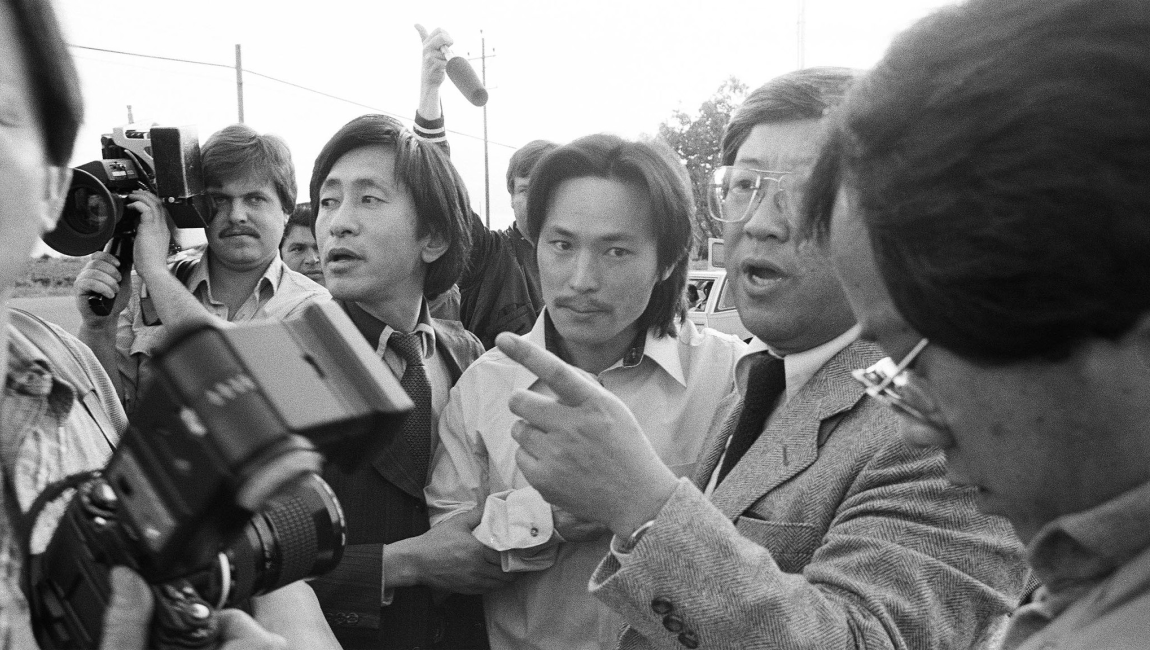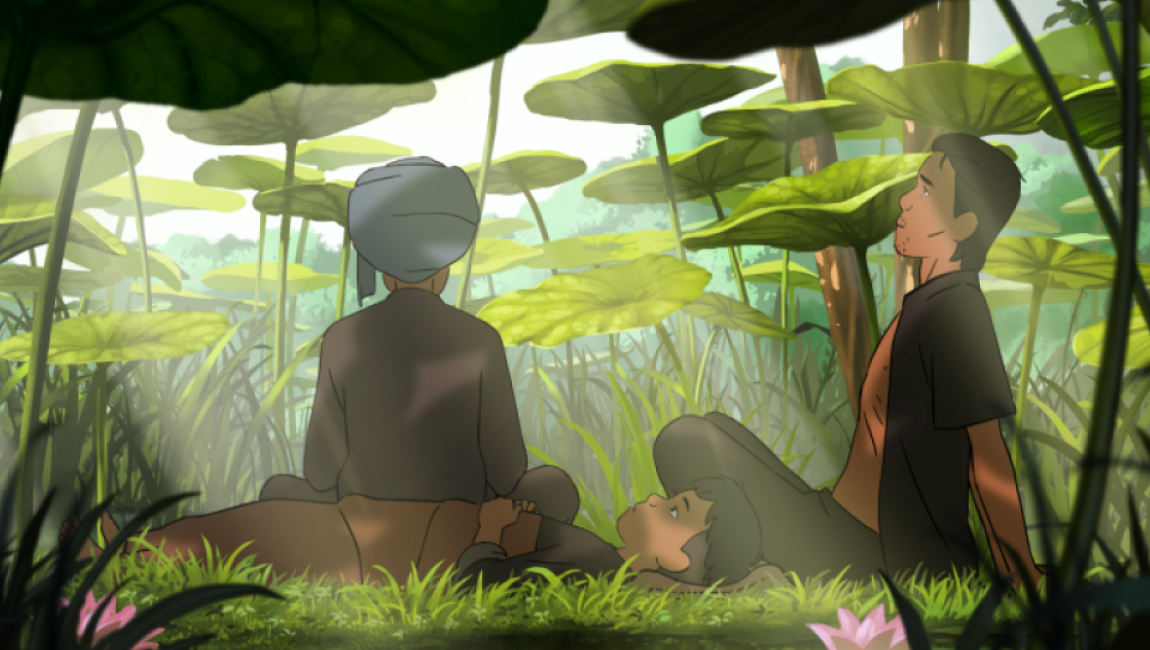Free Chol Soo Lee doesn’t quite feel like a full exploration of its subject matter, but Ha and Yi’s act of excavation still ultimately proves moving.
Calling Free Chol Soo Lee timely is almost an understatement. The directorial debut of Eugene Yi and Julie Ha, it’s a documentary dedicated to the life of Lee, a Korean American living in San Francisco’s Chinatown who, in 1973, was framed by the police for the contract killing of a Chinese gang leader and served the next ten years of life in prison, with five on death row for a prison killing in self-defense. The efforts to free him were enacted on both the national and international stage, as a Defense Committee was formed to raise attention and work on securing a trial and proper representation for him, while he himself took on an almost iconic form as the symbol of Asian-American injustice.
In order to draw out both the Kafkaesque situation (invoked explicitly in the film) and the genuinely stirring sense of solidarity that coalesced, Free Chol Soo Lee tells Lee’s story from essentially cradle to grave (he died in 2014) while also constantly bringing in key figures that recur throughout the film, including close friends, journalists (like his first advocate K.W. Lee), and attorneys. Many of these people, including of course Lee himself, are largely represented through archival interviews and recordings, though Lee’s thoughts about himself and his predicament are compiled from his notes and rendered in voiceover by Sebastian Yoon.
The one deviation from this chronological march is an enlightening one: Free Chol Soo Lee begins immediately with Lee’s immersion in Chinatown and his arrest, before leaping back to his birth on the occasion of his first interview with K.W. Lee. Yi and Ha very much establish their film as an investigation of sorts, making the progression of details and characterization of both legend and movement come to life in the assemblage of archival footage and voiceover; there’s a palpable sense of melancholy that comes through in Lee’s resignation to his circumstances, his own navigation between the confidence and gratitude he shows in his charismatic interviews and the doubt over his self-worth in prison.
All of this comes to the fore in Free Chol Soo Lee’s final act. Once Lee is freed from prison, he suffers from the whiplash between the isolation of death row and the celebrity he has accrued, and once the world tour dries up, he falls prey to addiction and an inability to integrate into the society that had worked to free him. This part of the film, thankfully, sees his struggle not as a failure of moral character, but as a symptom of a less obvious systemic failure, one that makes maintaining even a single nonprivileged person’s lifelong wellbeing an inordinately difficult task. The final part sees him reformed in the aftermath of a botched arson attempt and bringing hope and passion once again, but the feeling of grief continues to permeate. There’s certainly much still unexplored — the almost total lack of Chinese interview subjects, everyone’s choice to refer to Lee by his Americanized name order — but Yi and Ha’s act of excavation, of linking Asian-American oppression and resistance to the modern day without ever explicitly bringing this decade into the conversation, is deeply moving.
Originally published as part of Sundance Film Festival 2022 — Dispatch 4.







